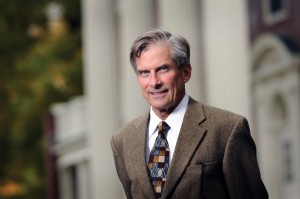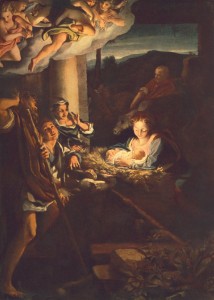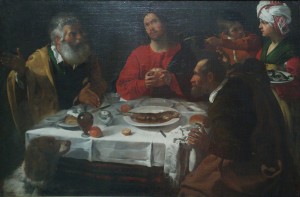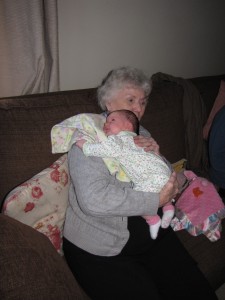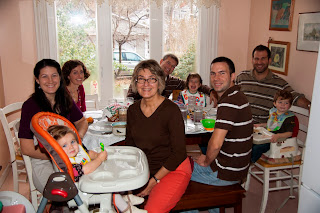What does it mean to be human?
It is a question asked by many. Perhaps asked by all in the way that they live and learn if not with words from the mouth.
It is a question that was recently asked by the Chairman of the National Endowment of the Humanities, William “Bro” Adams. He is exploring how the study of the humanities can answer questions about life, how we should live, and the values by which we should live.
Adams desires for us as a nation to explore how the study of philosophy and humanities can help us to understand what it means to be human.
There is nothing new in this. Throughout the ages philosophers and psychologists alike have tried to figure out what it means to be human, what a human really is. They have laid out theory after theory, description after description about humanity.
We as Christians and theologians then take those theories and descriptions and use them to figure out Christ’s humanity. Hear that again: we use our own selves to figure out the piece of Jesus that is human.
Does that seem backward to anyone else?
Karl Barth, one of the great theologians of the twentieth century, wondered how we could possibly know what it means to be human if all we know about being human comes from a messed up, broken state of humanity due to our unnatural state of sin. Christ’s humanity therefore shows us what it means to be human rather than the other way around.
Jesus was an embodied soul, an ensouled body, to use a phrase from Karl Barth. For Jesus, being human was always being a soul and a body. Even after the resurrection He made it a point to eat and drink to show us that even after our own resurrection we will still be embodied souls.
We have always been body and soul, and of a finite nature. Before The Fall, we were finite in body and soul but were allowed to continue living by way of the Tree of Life. When Adam and Eve sinned, we were still finite, still formed from the dust of the earth, but now we were subject to death and decay because we were cut off from the Tree of Life.
Then the LORD God said, “…Now, lest he reach out his hand and take also of the tree of life and eat, and live forever –” therefore the LORD God sent him out from the garden of Eden…
Our bodies are part of what constitutes our identity, as important as our thoughts, our feelings, our will.
Is this important? Does it really matter whether we view our bodies as important or as inconvenient?
This is where this post could grow to become book-long, but I will try to only brush up against potential ramifications rather than expanding on each one.
If our bodies are just as important as our souls, then we should spend time caring for our bodies in our daily lives. We should take the time to think about how we care for our babies’ bodies even while in the womb and whether things such as prenatal testing is more helpful or harmful in this regard. We should take the time to consider the end of life and how much should be done to keep our bodies alive.
The idea that our bodies matter a great deal affects the ethics of medicine, of medical research and technology. If we begin to think of our bodies as unimportant or, worse, as impediments to a good life, then our decision making about the health of those bodies begins to become skewed.
It is as important to the decisions we make every day as it is to the decisions that we will make at the end of our lives or at the beginning of our children’s lives.
Perhaps thinking deeply about what it means to be human, about the nature of our own selves, about the importance of our souls and our bodies, is something that is too important to be left to philosophers and psychologists alone.
Perhaps it is something that is meant to be pondered by all of us.
Pondered and prayed over.
Art credits: Nativity by Antonio da Correggio; Supper at Emmaus by Michelangelo da Caravaggio


